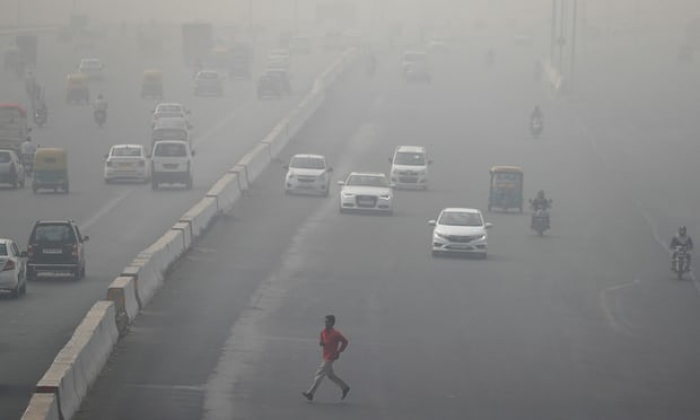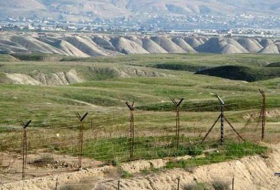Accusations that Narendra Modi’s government is failing to take the crisis seriously were further fuelled on Tuesday when the environment minister, Harsh Vardhan, urged residents to remain calm, saying only “routine precautions” were needed, even though air quality levels remain “severe”.
“Right now, with the prevailing smog, it is not possible for the helicopters to carry out operations,” the chairman and managing director of the company, BP Sharma, told the Indian Express. “We have communicated the same to the Delhi government. There was a meeting regarding this on Monday.”
The other hitch is that many parts of Delhi – particularly its southern quarters where parliament, the presidency and the prime minister are all based – are within a strictly policed no-fly zone.
A spokesman for the city government could not be reached but told the Indian Express: “There are a few issues and these will be worked out … All stakeholders are being consulted.”
A 2015 study found that 52% of the particulate matter in the city’s air was from dust kicked up by the tens of thousands of cars on its roads. Uncovered sand and soil from construction sites also contribute to the choking atmosphere.
In the last week, massive crop burning in neighbouring states and slow winds have also been a factor in sending air pollution levels in parts of north India to more than 30 times the World Health Organisation standards for daily exposure.
Doctors have declared a public health emergency in Delhi, but Vardhan was blasé, contrasting the pollution to the 1984 gas leak in Bhopal that killed at least 25,000 people.
Bhopal, he argued was “an emergency situation where you have to panic and you have to see what you have to do”, he said in an interview with CNN-18 news.
“I’m not saying we shouldn’t do anything about it [the Delhi smog], everyone has to respond to what he is supposed to do. But there is no need to spread panic among the people.”
Public pressure has centred on the city’s chief minister, Arvind Kejriwal, a populist former bureaucrat and engineer. His proposal to ration traffic according to the last digit of number plates – odd numbers one day, evens the other – has been blocked by judges since Friday.
Kejriwal wants to maintain a long list of exemptions to the odd-even rule, including single women, cars transporting children and two-wheelers. Even if implemented, studies of the last time Delhi attempted the measure have found its impact was “abysmally small”.
The sprinkling helicopter policy was also rubbished by experts who said it would make no difference.
Though Delhi gets the most attention, the haze has settled across the entire north Indian plain, including parts of Pakistan. A lasting solution would require a nationally coordinated response across state and international borders.
A study on Monday found the air quality in Varanasi, in Modi’s home constituency, had even worse air than Delhi. The Indian prime minister is yet to comment on the crisis.
Polash Mukherjee, an air pollution researcher from the Delhi-based Centre for Science and Environment, said there was a “sense of despondency” among the city’s residents, who were increasingly aware of the dangers associated with breathing dense particulate matter.
“They know it’s severe, and they know something should be done about it, but no one seems to be doing anything,” he said.
The head of the All-India Parents Association, Ashok Agrawal, said the government was “not sincere” about the issue. “It happened last year,” he said. “They could have taken steps so that it didn’t happen again, or so the density was lower.
“But they have done nothing to address the problem and it is a health emergency.”
With the city government unable to find the right steps, and the central one reluctant to take any, Delhi residents have been left to rely on the heavens. Drizzle has been predicted for Wednesday, when forecasters say the city’s air will “recover” – albeit to levels still classified as “very poor”.
More about: #Delhi















































